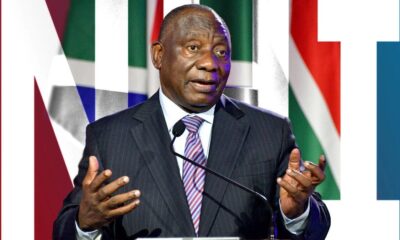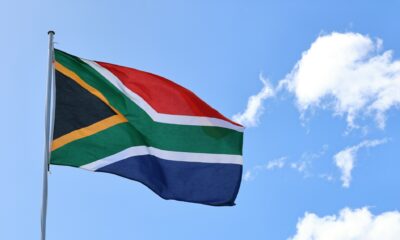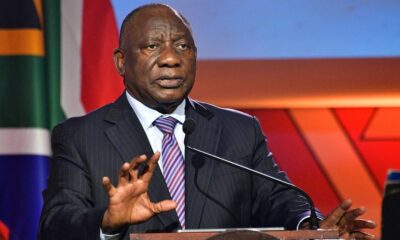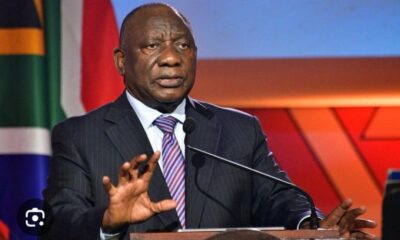Business
Gwede Mantashe vs Sibanye: Inside the clash over US critical minerals plan
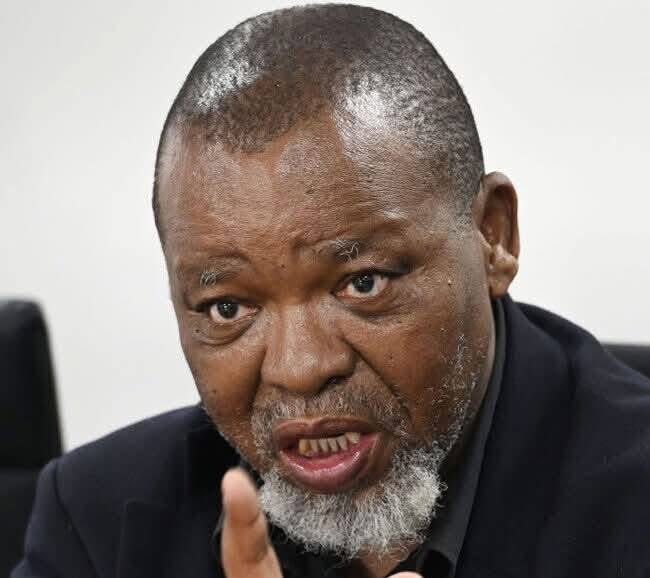
Gwede Mantashe vs Sibanye: Why a US minerals proposal sparked political fireworks
It’s no secret that South Africa’s mining industry and government don’t always sing from the same hymn sheet. But the latest dust-up between Mines Minister Gwede Mantashe and Sibanye Stillwater has thrown that divide into the spotlight — this time over who should have a say in how South Africa deals with one of its most valuable bargaining chips: critical minerals.
The proposal that struck a nerve
Ahead of a May meeting between President Cyril Ramaphosa and former US President Donald Trump, a group of South African business leaders quietly drafted a proposal aimed at giving Washington better access to Africa’s critical minerals.
At the centre of this group were Sibanye CEO Neal Froneman and board member Rick Menell, along with other advisors to Ramaphosa. Their plan pitched South Africa as a “springboard” into Africa’s mineral wealth, positioning the country’s mining expertise as a way to strengthen US supply chains and thaw frosty relations between Pretoria and Washington.
The problem? According to Mantashe, nobody ran the idea past his department or the Minerals Council, which represents most of the country’s mining companies.
“There can be nothing about mining without input from the ministry and broader industry,” Mantashe said, adding that the language of the proposal — including a “make minerals great again” slogan — didn’t reflect government priorities.
Old wounds, new flashpoints
This isn’t just about one proposal. The tension highlights a long-running fault line between government and industry over mining policy.
The private sector has complained for years about red tape, slow application processing, and policy changes without proper consultation. In 2023 alone, the department failed to process over 2,500 mining applications. Even the Minerals Council says its inputs are often ignored.
On the other side, Mantashe insists that mining policy must be rooted in national priorities — not tailored to suit one trading partner. His department’s own critical minerals strategy, approved just a day before the Ramaphosa–Trump meeting, focuses on coal, chrome, iron ore, manganese and platinum — minerals South Africa produces in abundance.
That’s in stark contrast to the US wish list, which leans toward cobalt, lithium and copper — key to electric vehicles, batteries and AI tech, but not mined in large quantities locally.
The US factor
The backdrop to all of this is a tense US–South Africa relationship. Since Trump’s inauguration, ties have frayed over trade tariffs, Pretoria’s relations with Russia and China, and its stance on international conflicts. The US remains South Africa’s second-biggest trading partner, but disputes have spilled over into the minerals conversation.
Froneman, who retires later this year, argues that keeping the discussion too localised will only shrink investment opportunities — particularly from the US. He says the proposal was never about promoting Sibanye’s interests alone and had potential to go beyond mining.
But Mantashe remains unmoved, warning against what he sees as a “US-first” minerals strategy.
Public and industry reaction
On social media, opinions are split. Some business voices praise the proposal as a forward-thinking way to position South Africa in global mineral markets. Others back Mantashe’s insistence on a nationally driven strategy, warning against repeating past mistakes where foreign partnerships left the country with little long-term benefit.
Mining analysts note that unless government and industry find common ground, South Africa risks being sidelined in a global minerals race dominated by China, the US, and rapidly emerging African players like the DRC and Rwanda.
A bigger question for the future
Whether or not Ramaphosa ever raised the topic with Trump is unclear. What is clear is that the dispute is another reminder of a deeper challenge: how South Africa can balance national interest, industry growth, and international diplomacy in a sector that underpins so much of its economy.
If government and business keep clashing over who gets to steer the ship, the country’s vast mineral wealth may end up being more of a political battleground than an economic springboard.
Source:Money Web
Follow Joburg ETC on Facebook, Twitter , TikTok and Instagram
For more News in Johannesburg, visit joburgetc.com

